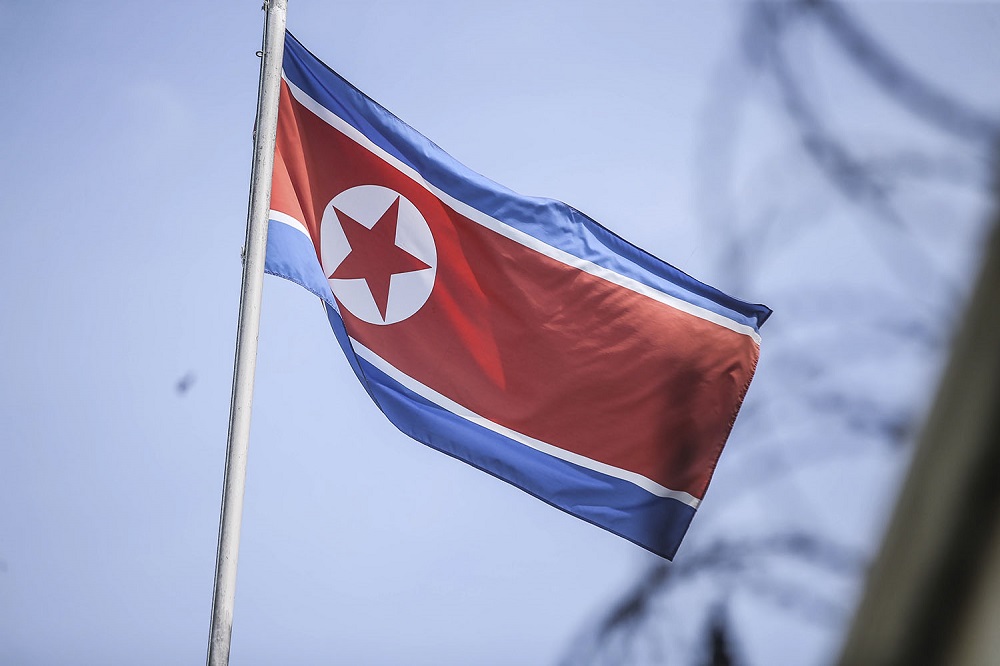
Subscribe to our Telegram channel for the latest updates on news you need to know.
KUALA LUMPUR, April 22 — The Attorney General’s Chambers (AGC) has applied to strike out the originating summons filed by a North Korean businessman against the government of Malaysia, government of United States as well as three others on the extradition order to the United States on the man.
Senior Federal Counsel (SFC), Ahmad Hanir Hambaly said AGC filed the application on April 7 on the ground that the originating summons submitted by Mun Chol-myong, 55, as the plaintiff has become academic after he was extradited to US.
“Apart from that, the matters raised by the plaintiff are precluded by res judicata as they were raised during the habeas corpus proceedings in the High Court here on December 12 2019.
“The court also set June 24 to hear the cancellation of the suit and the issue on submitting the original summons to the United States government,” he told reporters after case management before High Court Judge Datuk Noorin Badaruddin today which was also attended by counsels, Datuk Nicholas Kow and Emile Ezra Hussain representing Mun.
On March 8, Mun filed an originating summons by naming the public prosecutor, Home Minister, Home Ministry (KDN), government of Malaysia and US government respectively as the first to the fifth defendant.
Mun applied for a declaration that Section 4 and Section 20 of the Extradition Act 1992 were unconstitutional, void and invalid and of no effect as contrary to Article 4 (1), Article 5 (1), Article 5 (2), Article 8 (1), Article 8 (2), Article 9 (1), Article 9 (2) and Article 121 (1) of the Federal Constitution as well as the 8th and 14th Amendments of the United States Constitution.
He also sought an injunction to restrain the US government from taking action through the Home Minister of Malaysia, KDN and the government of Malaysia through an Extradition Agreement between the two countries signed on August 3 1995.
Apart from that, also sought was a declaration that the Home Minister’s order to the Magistrate on July 8 2019 at the material time against the plaintiff was declared null and void, which resulted in the cancellation of the extradition order of the Sessions Court on December 13 2019.
In the application, the plaintiff alleged all defendants had wrongly used Section 4 and Section 20 of the Extradition Act 1992 which is unconstitutional to restrict the power conferred on the Sessions Court by not allowing evidence to be presented and this has discriminated against the plaintiff as well as caused him to be detained pending extradition.
On May 13 2019, the prosecution applied to the Magistrate’s Court for a warrant of temporary arrest on Mun which was allowed on the same day.
On June 10, the United States submitted an official application through diplomatic channels to the Malaysian government for Mun to be extradited.
In the extradition application, it was stated that Mun was a fugitive criminal who was required to attend trial in the United States following an arrest warrant issued to him on charges of money laundering conspiracy.
The Sessions Court on December 13, 2019, issued an order for Mun to be sent to Sungai Buloh Prison pending a handover order from the Home Minister to the US authorities.
Mun then filed a writ of habeas corpus in the High Court here on December 12, 2019 to apply for release from detention, however it was rejected by the court on October 8 last year.
Mun filed an appeal against the habeas corpus decision in the Federal Court but his appeal was rejected on March 9. — Bernama

